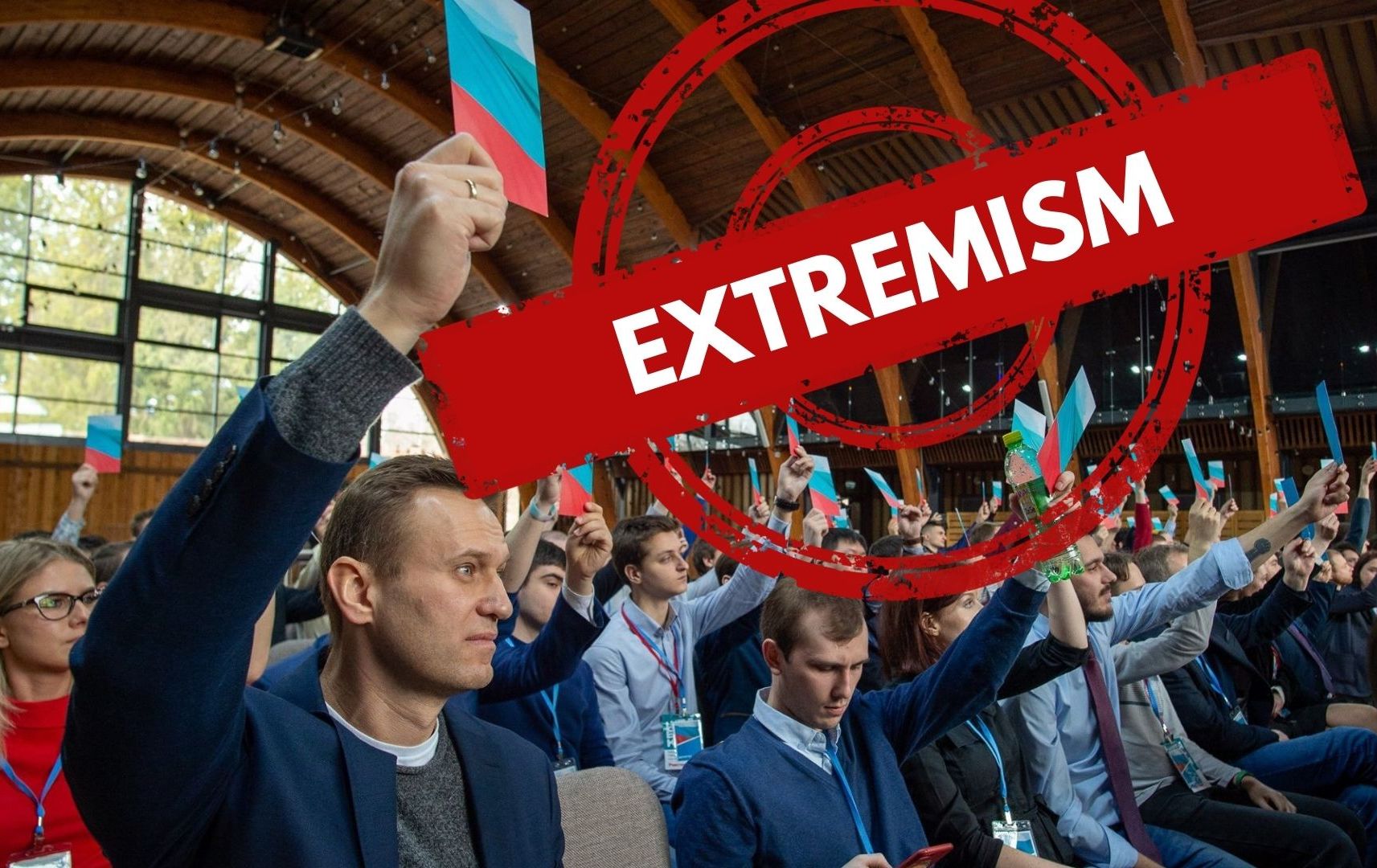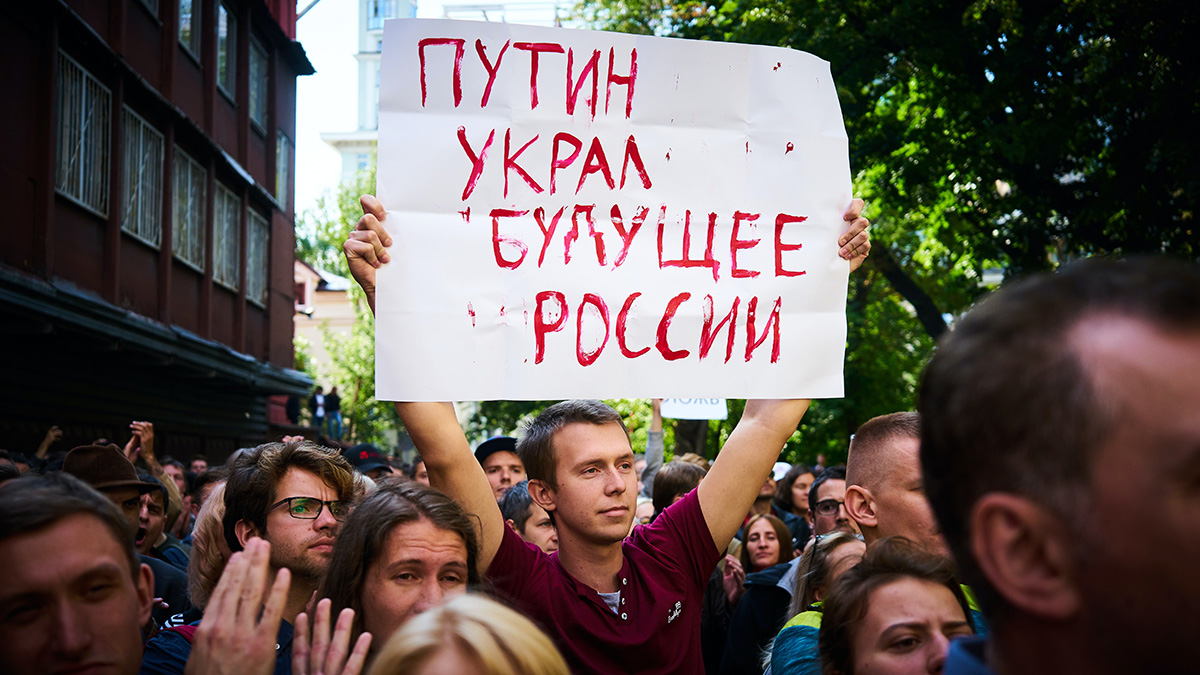Sanctions Needed for Duma Deputies Legislating Repression
By Fedor Krasheninnikov May 11, 2021

By Fedor Krasheninnikov May 11, 2021

A group of deputies from the Russian State Duma, members of the notorious “Commission to Investigate Outside Interference,” established by the Federation Council, has presented a package of new bills for consideration in Parliament. The bills’ objective is to limit rights and harness the Russian criminal justice system to persecute members of the opposition, thereby building a foundation for yet another cycle of repressions against Putin’s adversaries.
The first bill toughens criminal penalties for participating in or leading foreign nongovernmental organizations deemed undesirable by Russia. It proposes sentences of one to four years of imprisonment for participating in these organizations’ activities, and from two to six years for leading them. The bill’s authors have also sought to include punishments for working with “undesirable” organizations for the Russian citizens abroad. Upon returning to Russia, they might face criminal punishment. If adopted, this bill would also significantly increase the definition of “undesirable” organizations to include any foreign or international NGOs acting as intermediaries for monetary transactions on behalf of the organizations already deemed “undesirable” in Russia.
On May 4, the same group of deputies presented another bill. It would ban anyone who ever worked, donated, or was in any way involved with an extremist organization (the text from the State Duma uses the word “consulting”.) Given the practices of Russian courts, this definition would likely be interpreted as broadly as possible against anyone charged. The most outrageous fact is that the bill would violate the Russian Constitution and apply to anyone who ever donated money to Aleksei Navalny’s activities even before they were declared “extremist.” Navalny’s team has already calculated that this ban would affect over 200,000 people who sent donations to one of Navalny’s organizations at some point in time.
Given that any organization, particularly the opposition ones, can be declared undesirable or extremist in Russia, the motive behind these bills is clear. In anticipation of State Duma election campaigns, the Russian government seeks legal means to ban anyone inconvenient for the Kremlin from taking part in politics for years to come.
Unfortunately, there is no doubt that these bills will be adopted either in their current form or even in a more severe form. The bills most likely come from President Putin’s inner circle, and the deputies are fulfilling his wishes, like the obedient servants they are. They are not trying to hide that they are criminalizing the fight against Putin’s dictatorship. It is time to acknowledge the involvement in adopting these laws harmful and destructing. Even though many of those who participated in crimes against freedom and democracy in Russia are already subject to Western sanctions, it is important to understand that most of those crimes would not have been possible without the laws that intensify repressions against the opposition.
State Duma’s deputies are guilty of the latest attempts to entrench Putin’s dictatorship. However, when discussing sanctions against Russian oligarchs, officials, security officers, and departments, the matter of sanctions against members of Putin’s parliament is never raised. It is possible that Western parliamentarians still view them as colleagues who were elected by the Russian people, but their politics have nothing in common with Western values.
Additionally, in recent years, the Presidential Administration approved future candidates for State Duma. This applies not only to political parties allowed to be elected but also to elections in single‑mandate districts. To ensure the approved candidates’ victories in their constituencies, no effort or administrative resource is spared, and “dangerous” candidates are either removed from elections or not allowed to take part in them at all. Since the deputies are prechosen, it explains the overrepresentation of former officials and members of law enforcement. Nothing could be further from democracy and transparent elections. It is not possible to respect these individuals or consider them legal representatives reflecting the will of the Russian people. The State Duma and the Federation Council represent and carry out the will of one man — Vladimir Putin. Each new law has one objective: to deny Russian citizens the ability to change the state of affairs in the country.
Russia’s parliament comprised of the State Duma and the Federation Council is the most important component of Putin’s dictatorial machinery. Neither the State Duma’s nor the Federation Council’s members are officially elected by citizens’ vote, yet they are responsible for everything happening in Russia. It is hardly possible to consider it a parliament when Andrei Lugovoi, a person accused of poisoning Aleksandr Litvinenko, is a State Duma member (all criminal charges against Lugovoi have been removed). It will not come as a surprise if following the fall State Duma elections, a whole new faction of saboteurs and poisoners will take office and start adopting new destructive laws.
Putin’s parliamentarians are silencing Russian people’s voices. There is hope that Western sanctions might force them to reconsider their actions. Those behind the most shocking and repressive laws, and those who voted for their approval, deserve the most severe sanctions.
Refusing to recognize the State Duma elections and their results as an effective means of
pressuring the Putin regime
By Fedor Krasheninnikov
July 15, 2021
 Article
Article The results of Russia’s September legislative elections are not only important in and of themselves, they provide a preview of how Vladimir Putin intends to govern and secure his own victory in the 2024 presidential elections
By Fedor Krasheninnikov
October 01, 2021

Refusing to recognize the State Duma elections and their results as an effective means of
pressuring the Putin regime
By Fedor Krasheninnikov
July 15, 2021
 Article
Article The results of Russia’s September legislative elections are not only important in and of themselves, they provide a preview of how Vladimir Putin intends to govern and secure his own victory in the 2024 presidential elections
By Fedor Krasheninnikov
October 01, 2021
